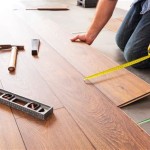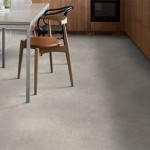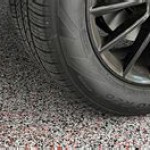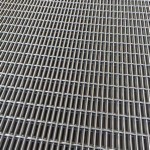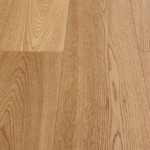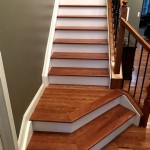Linoleum Flooring in Kitchens: Pros and Cons
Linoleum flooring is a popular choice for kitchens due to its durability, affordability, and versatility. This flooring option has been around for over a century and has evolved over time to become a modern and stylish flooring solution. In this article, we will delve into the advantages and disadvantages of linoleum flooring in kitchens to help you make an informed decision about your next flooring project.
Pros of Linoleum Flooring in Kitchens
1. Durability: Linoleum is an incredibly durable material that can withstand heavy foot traffic and spills. It is resistant to scratches, dents, and stains, making it a great choice for busy kitchens. Its long lifespan of 20-40 years makes it a worthwhile investment.
2. Affordability: Linoleum is a budget-friendly flooring option compared to other materials like hardwood or tile. It is available in a wide range of colors and patterns, allowing you to find a style that fits your kitchen décor without breaking the bank.
3. Comfort and Warmth: Linoleum is a resilient material that provides comfort underfoot. It is warm to the touch, even in cold climates, making it a cozy choice for kitchens where you spend a lot of time.
4. Easy to Clean and Maintain: Linoleum flooring is renowned for its easy maintenance. Regular sweeping and mopping with a mild detergent are sufficient to keep it clean. Spills and stains can be easily wiped away, making it a hygienic choice for kitchens.
5. Eco-friendly: Linoleum is a sustainable flooring option made from natural materials like linseed oil, wood flour, and cork. It is biodegradable and does not release harmful fumes, making it a good choice for environmentally conscious homeowners.
Cons of Linoleum Flooring in Kitchens
1. Susceptible to Moisture Damage: While linoleum is water-resistant, it is not waterproof. If exposed to excessive moisture for prolonged periods, it can swell or warp. Therefore, it is essential to promptly clean up spills and avoid installing it in areas with high moisture levels.
2. Can Be Difficult to Repair: Unlike some other flooring materials, linoleum can be challenging to repair if damaged. If a piece becomes damaged, it may require professional replacement.
3. Not as Durable as Some Other Materials: While linoleum is a durable material, it is not as resistant to scratches and dents as porcelain or ceramic tile. Heavy objects or sharp impacts may cause damage, especially in high-traffic areas.
4. Can Fade Over Time: Linoleum can fade over time, especially in areas exposed to direct sunlight. This is not a major issue for kitchens with limited sun exposure, but it is something to consider if your kitchen receives a lot of natural light.
5. Design Limitations: While linoleum is available in various colors and patterns, it may not offer the same range of design options as some other flooring materials. For those seeking a highly customized look, linoleum may not be the ideal choice.

Linoleum Flooring Pros And Cons Forbes Home

Linoleum Vs Vinyl Flooring Which Is Better

Vinyls Vs Linoleum Flooring Major Differences Pros Cons And Costs Forbes Home

Linoleum Flooring For Home Types Maintenance Pros And Cons

Pros And Cons Of Linoleum Flooring Ina Services

Linoleum Kitchen Flooring Pros Cons Cleaning Ideas Hunker

Linoleum Flooring Pros And Cons Greenfield

Choosing The Best Flooring For Kitchens Pros Cons Of Diffe Materials Slaughterbeck Floors Inc

Pros And Cons Of Linoleum Flooring A Sustainable Option For Your Home

Linoleum Kitchen Floor Ideas

